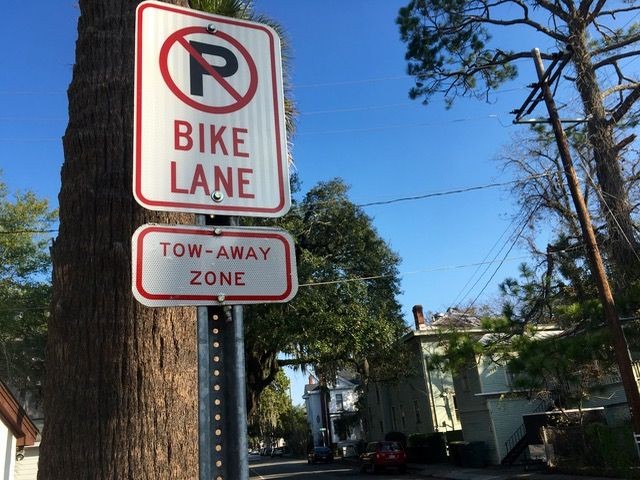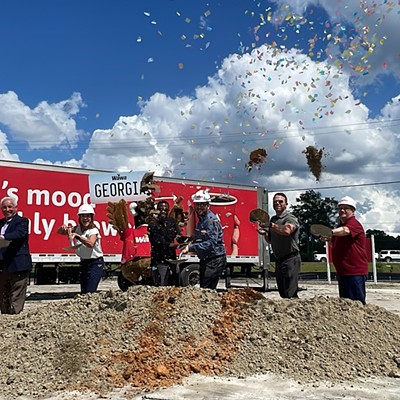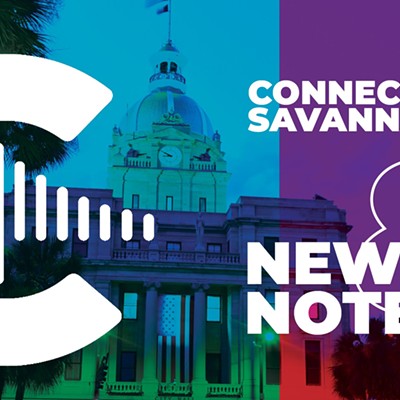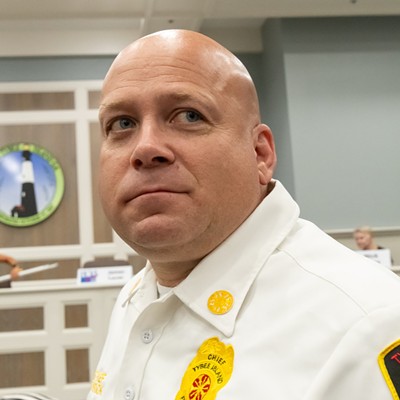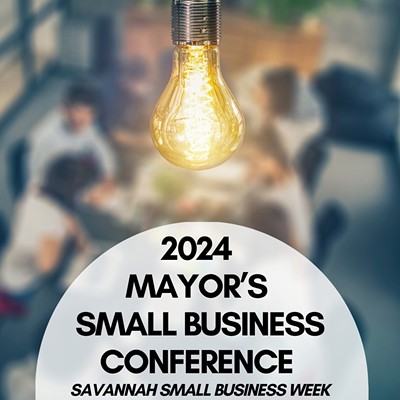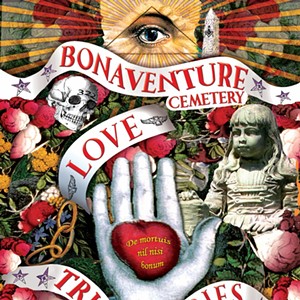DEAR SANTA:
First, forgive me for using this tired trope in my column this week. I think I’ve been pretty good this year otherwise, so I hope you’ll let the “Dear Santa” cliché slide. Truth is, I don’t really need anything.
My house escaped Hurricane Matthew with only minor damage and five days without power after the storm made me grateful for what I have. Instead, I’m asking for gifts on behalf of distinct groups of people in our community.
Santa, I ask you to give our elected leaders empathy for the thousands of people in our community who do not enjoy the privilege of driving.
Every single local elected official, despite their differences on policies and politics, shares one common trait: They all use their personal automobiles for almost every single trip they make in our city.
Going to work, to school, to the store, to the doctor, and to other destinations can be difficult and sometimes impossible without a car. According to census data, 8.3 percent of households in the Savannah area do not have access to a motor vehicle.
For African-American residents, the figure is nearly double at 15.9 percent. Many households that do have access to a car are just a broken timing belt or missed title pawn payment away from losing it.
Caila Brown, chair of the Savannah Bicycle Campaign board of directors, wants Savannah to be “a place where people are not endangered or humiliated when walking or biking from where they are to where they need to be.” How is this humiliation manifested?
Consider the following scenarios. A mother activates a pedestrian signal (aka a “beg button”), then waits for five minutes for the walk signal to appear and her chance to scramble across six lanes with grocery bags in her arms and her children in tow.
The don’t walk signal starts flashing red before she’s made it halfway across the intersection. Impatient motorists yell and blare their horns.
A bicycle commuter faces similar harassment when she must steer out of one of Savannah’s few bike lanes to avoid cars parked there, right next to a sign advertising the empty threat of towing.
A senior citizen sits in the rain on an overturned shopping cart, waiting at a bus stop without a shelter or a bench. In aggregate these predicaments deliver a clear message to those who must endure them: If you don’t have a car, you don’t matter.
The danger to people who travel by bike and on foot is more easily quantified. More people are killed on bicycles in Chatham County than anywhere else in the state.
We also know increased motor vehicle speeds, such as those yielded by the Bay Street experiment dramatically increase mortality rates for people who are hit by cars. Our leaders, with a greater understanding what life is like for people who don’t drive, could improve conditions significantly.
Next, Santa, please bring the journalists of Savannah alternatives to the word “accident” for describing traffic crashes, collisions, and wrecks.
So strong is the habit to call anything involving a car or truck an “accident,” that one local TV station used the word in a graphic with the news of a man using a truck to murder a dozen people in a Berlin marketplace.
While it’s true that most people do not intend to harm others with their cars, to call every crash an “accident” before the true cause is known desensitizes us to the heartbreaking toll of preventable crashes. A recent study by AAA found, “About 87 percent of drivers engaged in at least one risky behavior while behind the wheel within the past month.”
These behaviors — driving while distracted, impaired or drowsy; speeding; and running red lights — are very much “accidents” waiting to happen. Words shape our perception of reality.
If we can stop reflexively using the word “accident” and use more appropriate descriptors, we will be forced to confront the true causes of traffic crashes and the cataclysmic loss of life.
(It would also help if the police department could find a new name for the Major Accident Investigation Team, and stop using the “A-word” in media releases, which are often republished verbatim).
My last appeal is not to Santa, but to my fellow citizens. Please offer assistance to the Savannahians who serve the most vulnerable and struggling among us.
Please stand with those who work to preserve the art, culture, and history that make Savannah a place like no other. Please support the people who fight to protect our delicate and irreplaceable natural resources.
They will all face historic challenges in the years to come. Let’s do all we can to help them succeed.

